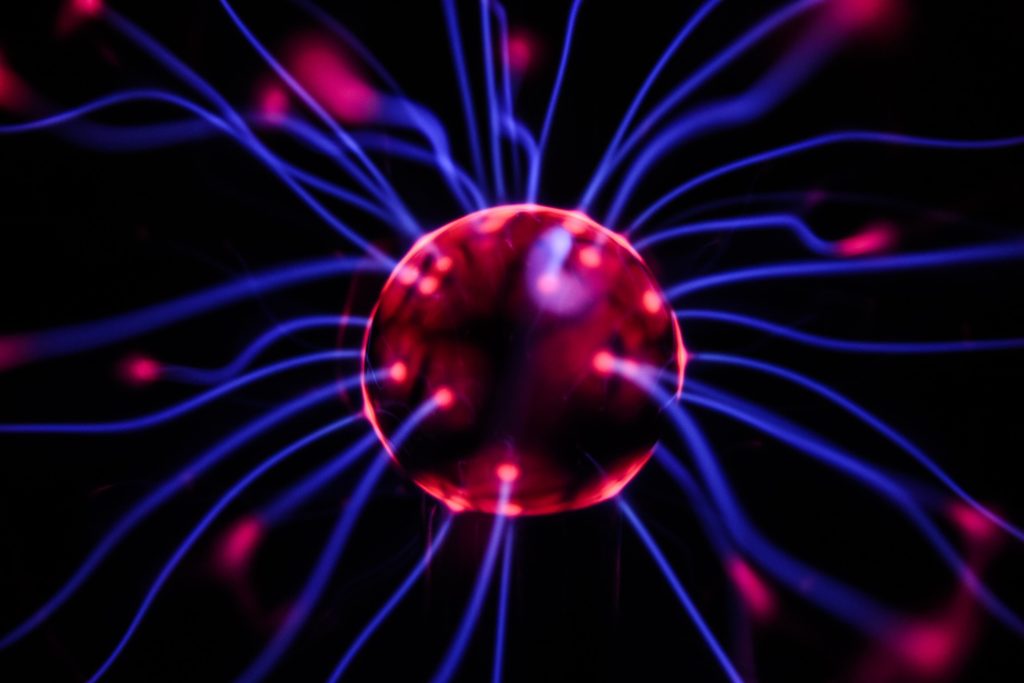
Learning and Memory: Why We Need It
Our everyday life incorporates memory and learning. Where would we be without it? We use our memory to recall conversations, facts, tasks we have learned, or even something as simple as our own name. What is the difference between learning and memory? Learning is “the acquisition of skills or knowledge through experience, study, or being taught.” Memory is “the power or process of reproducing or recalling what has been learned and retained especially through associative mechanisms.”
There is more than 1 type of memory: implicit and explicit memories. Implicit is essentially memories that we sometimes don’t even realize we have. It is also called “automatic memory” or “procedural memory,” as we use our implicit memories for things like being able to ride a bike, or to braid hair.
Explicit memories are our conscious memories that we can recall. When we study for a test, memorize a phone number, or simply recall a personal experience from a trip, we are using our explicit memories.
What is so important about memory?
We can utilize learning and memory to grow and change, which is what we do in therapy. For example, we can use learning and memory to help recondition addictive behaviors/triggers or to assist in alleviating anxiety symptoms. When we create new memories parallel to our old memories, the pairing of the new, healthier memories can help produce new responses and prevent the relapse of old, maladaptive behaviors. In therapy, both types of memory are utilized!
The brain is surprisingly durable and open to our change! To improve our explicit memory for a specific task, repetition is key. As a college student, I have tried and tested it and it is true that repetition over time produces the best memory consolidation. As we age our memory degenerates, but there are ways to prevent it from worsening or improve it. Now is the time to start working out our memory systems and forming our cognitive reserve. The cognitive reserve is essentially the ability of our brain to improvise and exercise our critical thinking. Our cognitive reserve is what keeps our mind agile and keeps our memory flexible and able to consolidate our short term memory as we age. The problem is that as we age, most people don’t exercise their cognitive reserve which leads to increased memory degeneration. However, there have been multiple studies showing that with repetition and dedication to training our mind with improving and critical thinking, such as planning, teaching, or even playing a game of chess, our cognitive reserve stays strong! It is important to exercise your memory and mind while you still can, we don’t realize how important memory is in learning new things and maintain past skills, essentially it could be a use it or lose it situation.
How can we work on our cognitive reserve?
- Exercise your improvisation skills. Games such as chess, puzzles, and solving crossword all work out your brains capacity to solve new problems and stay on top of things.
- Spending time in social situations. Interacting with others and keeping up with conversations helps our mind to learn new things while also strengthening our memory pathways!
- Staying active physically. This does not require strenuous physical activity, but daily walks, yoga, or even swimming would help. This helps keep the brain healthy, and your body healthy physically. If your body is healthier so is your mind.
- Be consistent! Doing these things for a week and then never sticking to them won’t make a difference in your cognitive reserve. Work on these things consistently and your memory and mind will thank you.
Written by Jeanene Jackson
